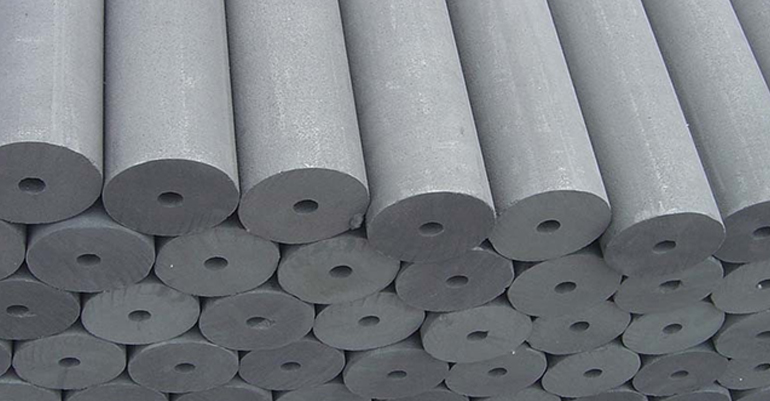
Impressed Current Anode
Impressed Current Protection Anodes, (sometimes known as Impressed Current Cathodic Protection (ICCP) are a method of sacrificial protection that does not require that the anode be more ‘active’ than the metal structure to be protected. These type of anodes are mainly used for larger structures, or where electrolyte resistivity is high and galvanic (sacrificial) anodes cannot economically deliver enough current to provide protection. Impressed current protection anodes use an electrical support in the form of a controlled amount of direct current connected between the anode and the structure, where the positive part of the circuit is connected to the anode and the negative part to the structure.
Impressed current anodes refer to a kind of anode of cathodic protection systems. A
cathodic protection system has two types of anodes: a galvanic or sacrificial anode and
an impressed current anode.
Impressed current anodes are inert anodes used in impressed current protection in
cathodic protection systems. These anodes are powered by the DC current from an external
source.
A proper selection of impressed current anodes would include the consideration of the
environment that surrounds a buried or submerged structure to control corrosion.
Silicon Ferous Anode
Graphite Iron Anode
Platinized Titanium Anode